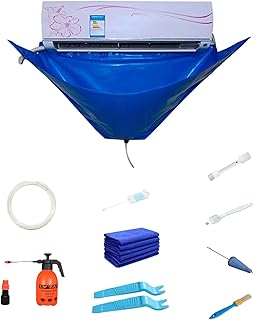In the world of beer, aging is not just reserved for wine. The art of aging beer through bottle conditioning has gained recognition over the years, offering beer enthusiasts a new dimension of flavor exploration. One such tale comes from Patrick Walsh, owner of the Commercial Club Hotel, who stumbled upon cases of aged Coopers Sparkling in his cellar, sparking his interest in the aging potential of bottle-conditioned beers.
Walsh’s discovery led him to experiment with aging Coopers Stout kegs, a practice that Coopers Brewery also embraces with select brews like Mild Ale, Pale Ale, Sparkling, Vintage, and Stout. These higher alcohol content beers are prime candidates for bottle conditioning and aging, offering a richer and more nuanced flavor profile over time.
Simon Fahey, the technical manager at Coopers Brewery, emphasizes the importance of storage conditions in determining the aging potential of bottle-conditioned beers. The interplay of time, temperature, and darkness can transform a beer, mellowing its carbonation and enhancing its flavors as it ages.
Bottle conditioning, a process where natural sugars and yeasts induce carbonation in the bottle, distinguishes itself from brewery conditioning, which involves bulk tank fermentation and filtering. This hands-on approach to conditioning requires skill and expertise, resulting in beers with a complex and distinctive character.
Mountain Goat Brewery’s chief brewer, Dave Bonighton, sheds light on partial bottle conditioning for beers like Steam Ale and High Tale Ale. This method grants brewers greater control over the final product, allowing for a nuanced and flavorful outcome that evolves with time.
While aging beer may not be as mainstream as aging wine, the trend is gaining traction among beer aficionados. The prospect of seeking out aged beers in pubs and bars offers a unique opportunity to savor the transformation of flavors that occurs through proper storage and bottle conditioning.
As winter draws to a close, patrons can venture to establishments like the Commercial Club Hotel to sample aged offerings like Coopers Stout or explore the world of bottle-conditioned beers at their local haunts. These aged brews provide a compelling reason to expand one’s beer palate and experience the diverse range of flavors that emerge through bottle conditioning.
Through the lens of bottle conditioning, beer enthusiasts are invited to delve into a realm where time, craftsmanship, and storage conditions converge to create a symphony of flavors that evolve and mature with age. The journey of discovering vintage ales is not just about savoring a drink but experiencing a story that unfolds with each sip.
📰 Related Articles
- Unlocking Math Puzzles: The Art of Problem-Solving
- Youth Theatre Festival Showcases Local Talent and International Flavor
- Women’s Labour Performance Challenges Gender Norms Through Art
- Winemakers Embrace Oak Alternatives for Flavor Customization
- Westport Printer Revives Art of Letterpress in Digital Era






